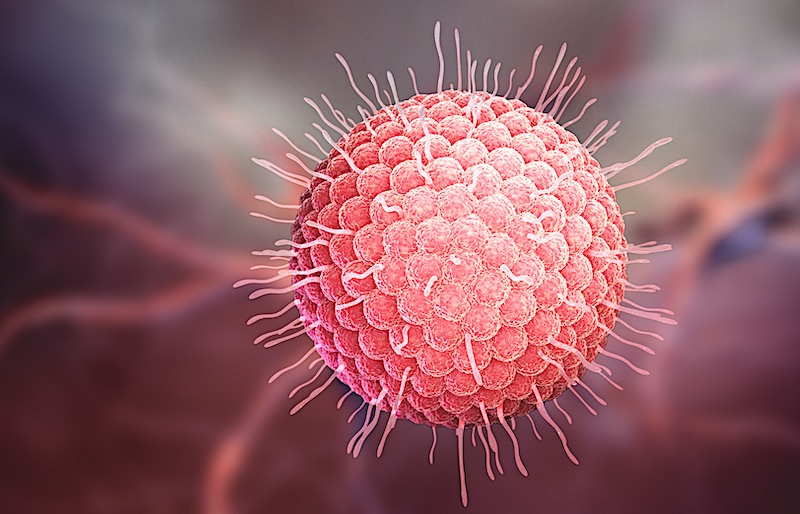April 2020
The Holy Grail of Quantum Artificial Intelligence: Challenges in Accelerating the Machine Learning Pipeline
T. Gabor, L. Suenkel, F. Ritz, L. Belzner, C. Roch, S. Feld, and C. Linnhoff-Popien
Abstract
We discuss the synergetic connection between quantum computing and artificial intelligence. After surveying current approaches to quantum artificial intelligence and relating them to a formal model for machine learning processes, we deduce four major challenges for the future of quantum artificial intelligence: (i) Replace iterative training with faster quantum algorithms, (ii) distill the experience of larger amounts of data into the training process, (iii) allow quantum and classical components to be easily combined and exchanged, and (iv) build tools to thoroughly analyze whether observed benefits really stem from quantum properties of the algorithm.
1st International Workshop on Quantum Software Engineering (QSE at ICSE)
QAR-Lab unterstützt D-Waves Plattform
zur gemeinsamen Erforschung von COVID-19
 D-Wave Systems, ein kanadischer Anbieter von Quantencomputer-Systemen, -Software und -Services, hat freien Zugang zu seinen Quantensystemem für Forscher angekündigt, die an der Bekämpfung der COVID-19-Krise arbeiten. Das QAR-Lab der LMU München schließt sich diesen Bemühungen mit anderen Partnern an, darunter auch Firmen und Forschungseinrichtungen wie CINECA, DENSO, Forschungszentrum Jülich, Kyocera Corporation, KYOCERA Communication Systems, MDR/Cliffhanger, Menten AI, NEC Solution Innovators Ltd., OTI Lumionics, Sigma-i, Tohoku University und Volkswagen. Die entsprechenden Ingenieurteams unterstützen mit ihren Fachkenntnissen in der Verwendung des Quantencomputers, der Formulierung von Problemen sowie der Entwicklung von Lösungen.
D-Wave Systems, ein kanadischer Anbieter von Quantencomputer-Systemen, -Software und -Services, hat freien Zugang zu seinen Quantensystemem für Forscher angekündigt, die an der Bekämpfung der COVID-19-Krise arbeiten. Das QAR-Lab der LMU München schließt sich diesen Bemühungen mit anderen Partnern an, darunter auch Firmen und Forschungseinrichtungen wie CINECA, DENSO, Forschungszentrum Jülich, Kyocera Corporation, KYOCERA Communication Systems, MDR/Cliffhanger, Menten AI, NEC Solution Innovators Ltd., OTI Lumionics, Sigma-i, Tohoku University und Volkswagen. Die entsprechenden Ingenieurteams unterstützen mit ihren Fachkenntnissen in der Verwendung des Quantencomputers, der Formulierung von Problemen sowie der Entwicklung von Lösungen.
Hybrides quanten-klassisches Computing könnten sich gut zur Lösung einer Reihe komplexer Probleme dieser Art eignen. Mögliche Schwerpunkte für COVID-19 sind bspw. die Analyse neuer Diagnosemethoden, die Modellierung der Ausbreitung des Virus, die Optimierung der Krankenhauslogistik, die Verteilung der Versorgung, pharmazeutische Kombinationen und vieles mehr.
Weitere Informationen bzgl Ressourcen und Unterstützung zur COVID-19-Bekämpfung finden Sie unter www.dwavesys.com.
Approximate Approximation on a Quantum Annealer
Irmengard Sax, Sebastian Feld, Sebastian Zielinski, Thomas Gabor, Claudia Linnhoff-Popien, Wolfgang Mauerer
Abstract
Many problems of industrial interest are NP-complete, and quickly exhaust resources of computational devices with increasing input sizes. Quantum annealers (QA) are physical devices that aim at this class of problems by exploiting quantum mechanical properties of nature. However, they compete with efficient heuristics and probabilistic or randomised algorithms on classical machines that allow for finding approximate solutions to large NP-complete problems. While first implementations of QA have become commercially available, their practical benefits are far from fully explored. To the best of our knowledge, approximation techniques have not yet received substantial attention. In this paper, we explore how problems’ approximate versions of varying degree can be systematically constructed for quantum annealer programs, and how this influences result quality or the handling of larger problem instances on given set of qubits. We illustrate various approximation techniques on both, simulations and real QA hardware, on different seminal problems, and interpret the results to contribute towards a better understanding of the realworld power and limitations of current-state and future quantum computing.
Published in ,. ACM, New York, NY, USA, 9 pages

